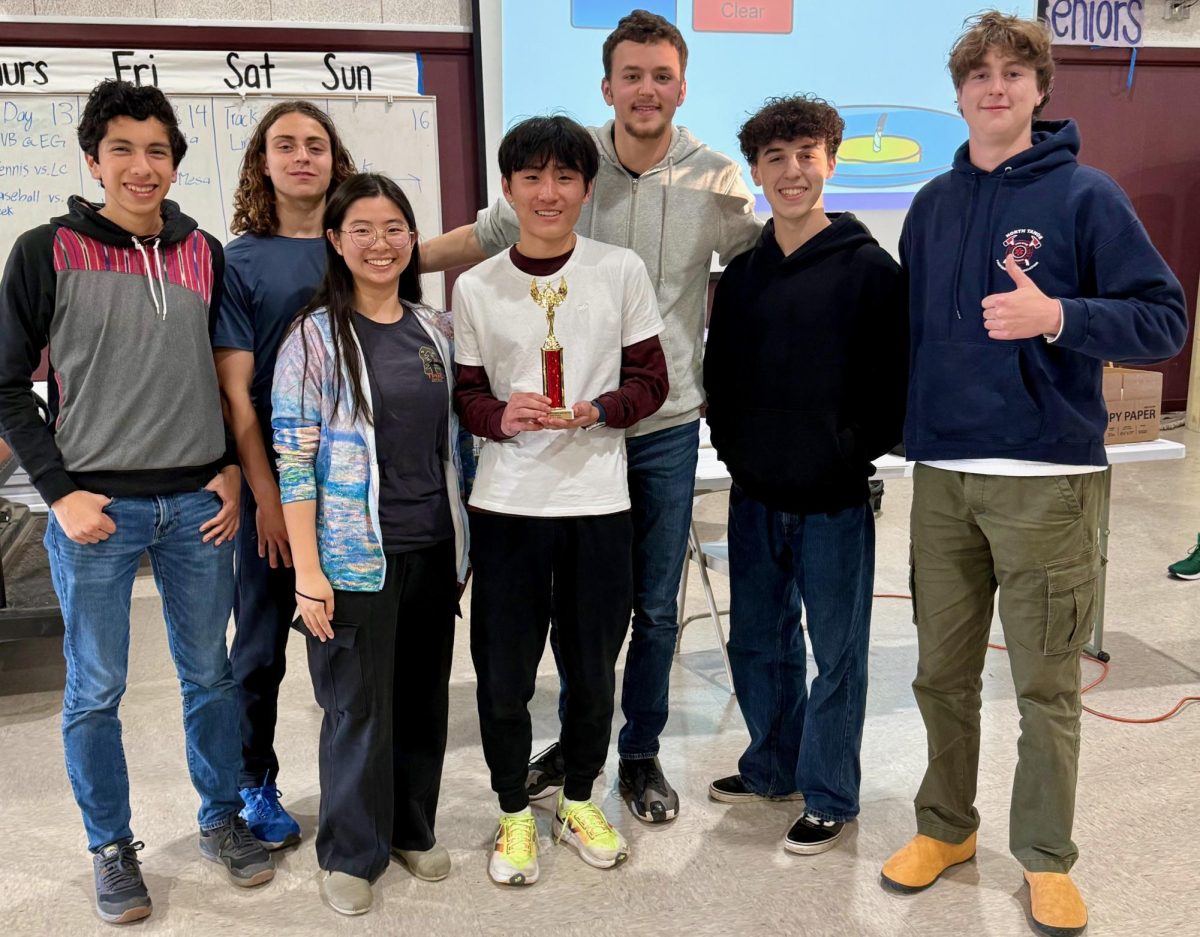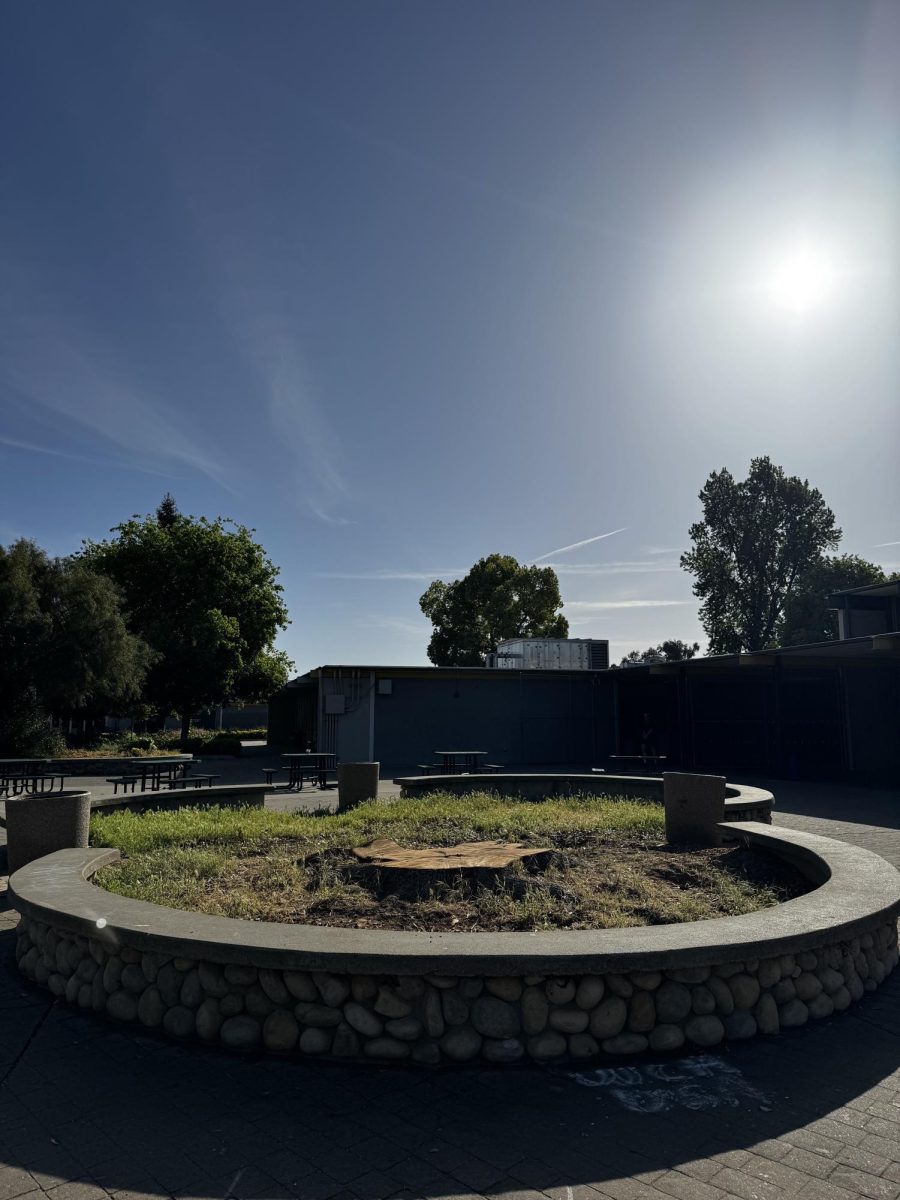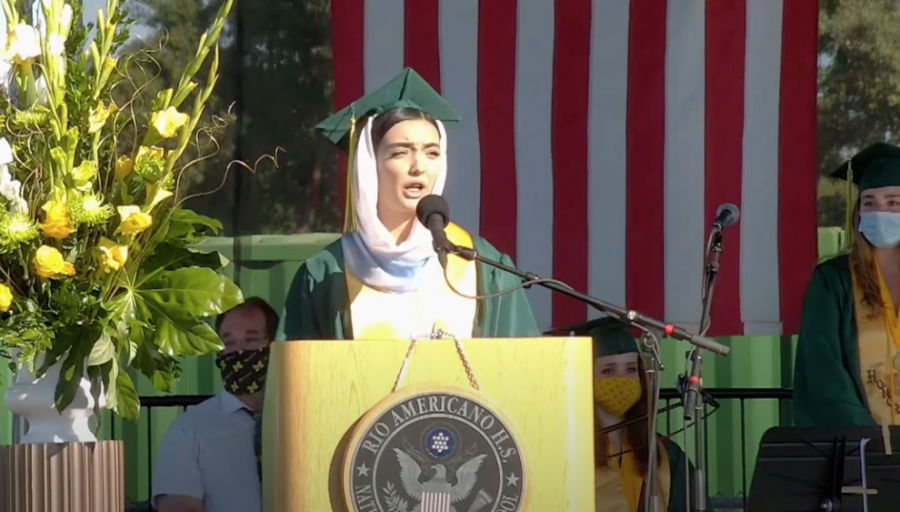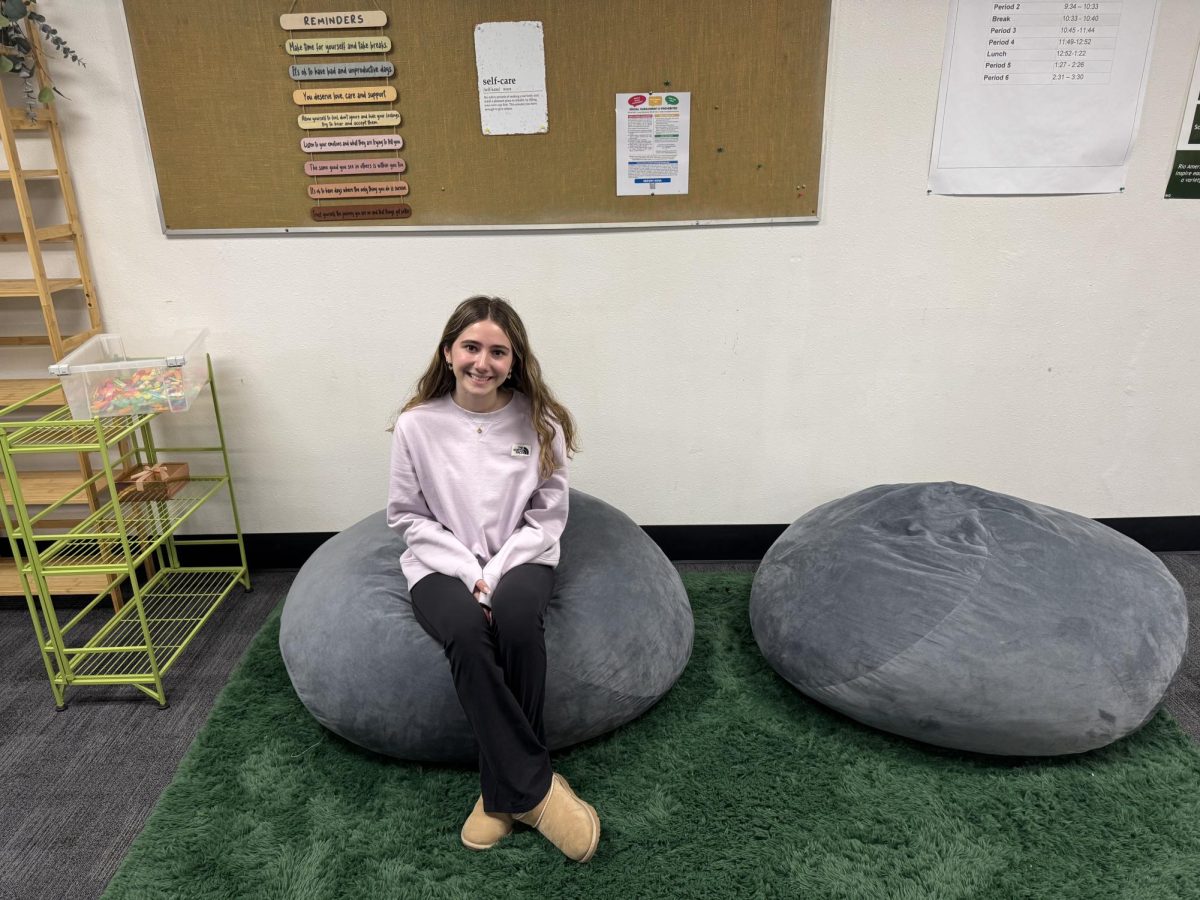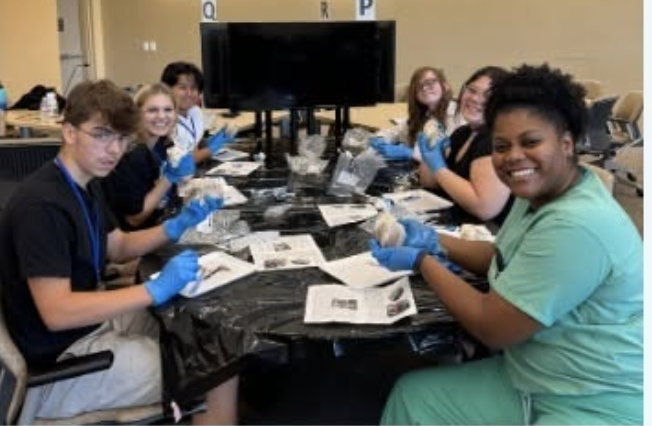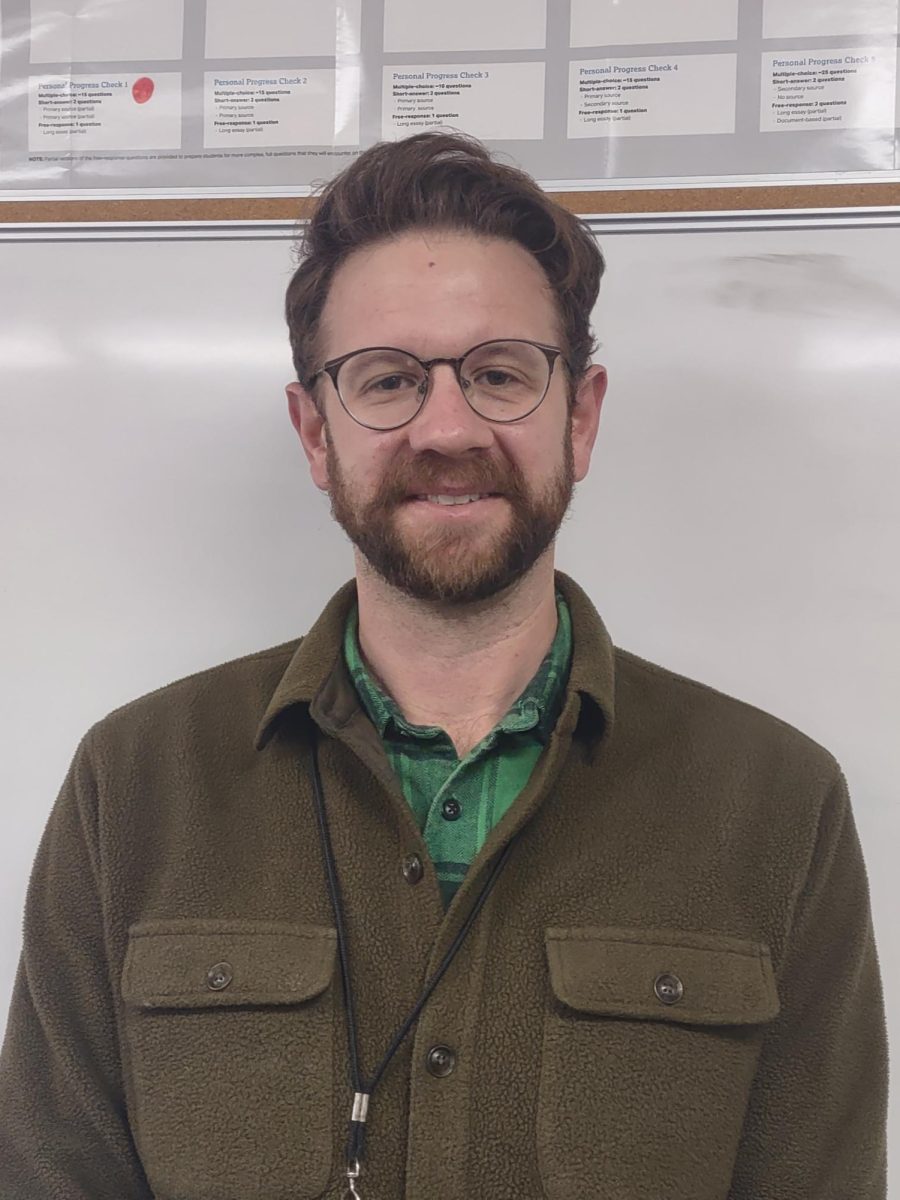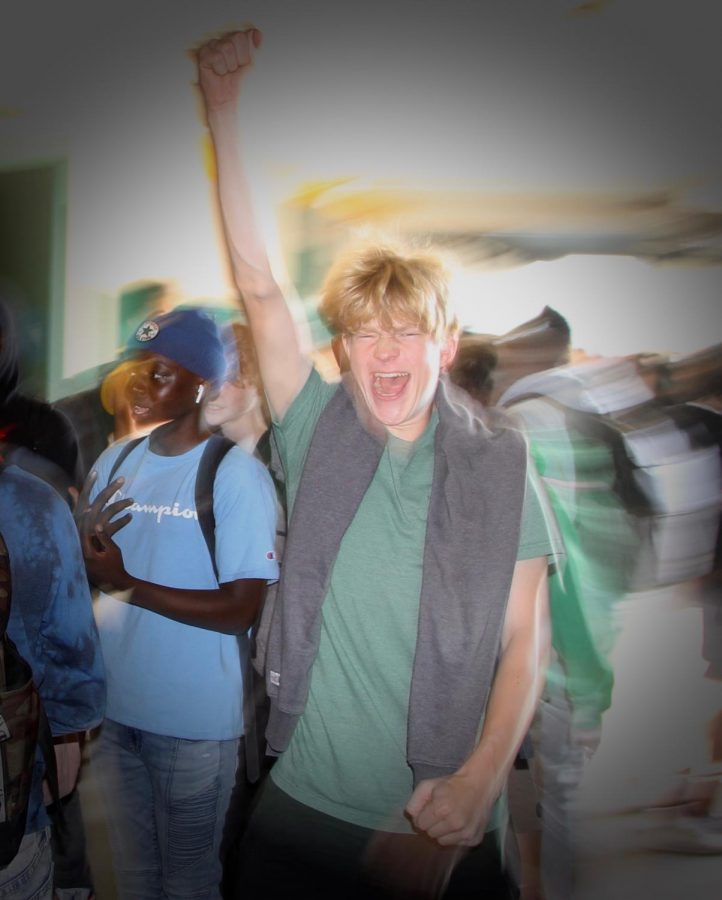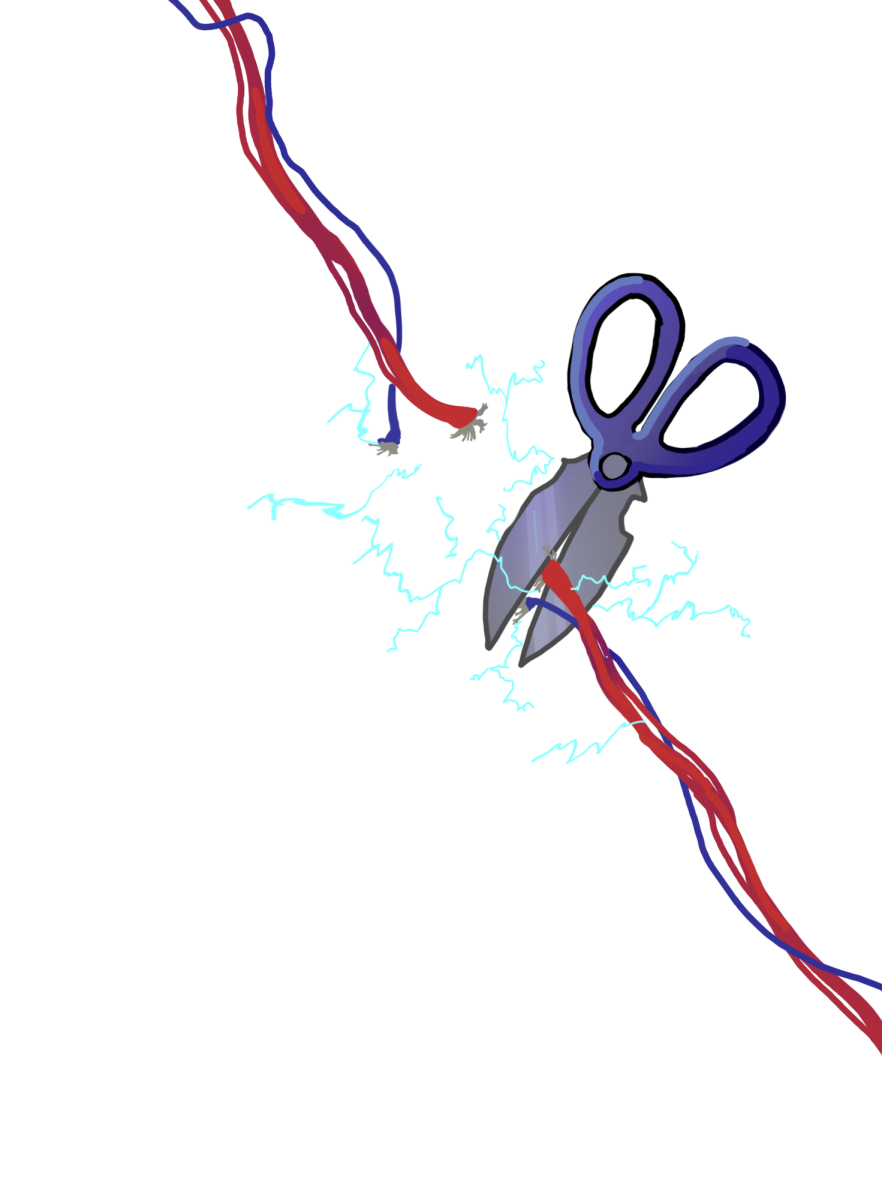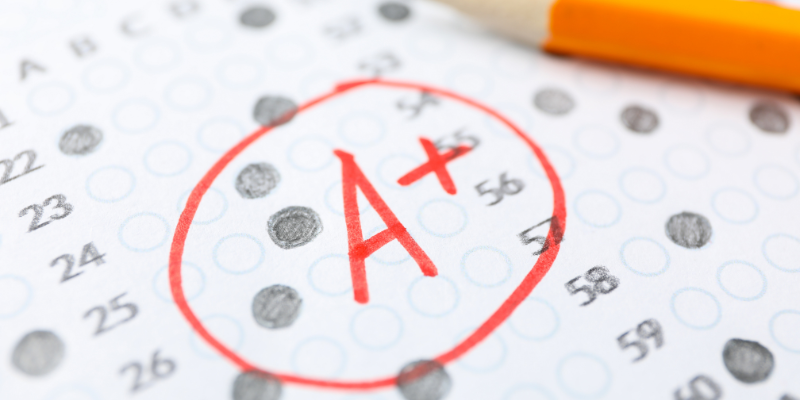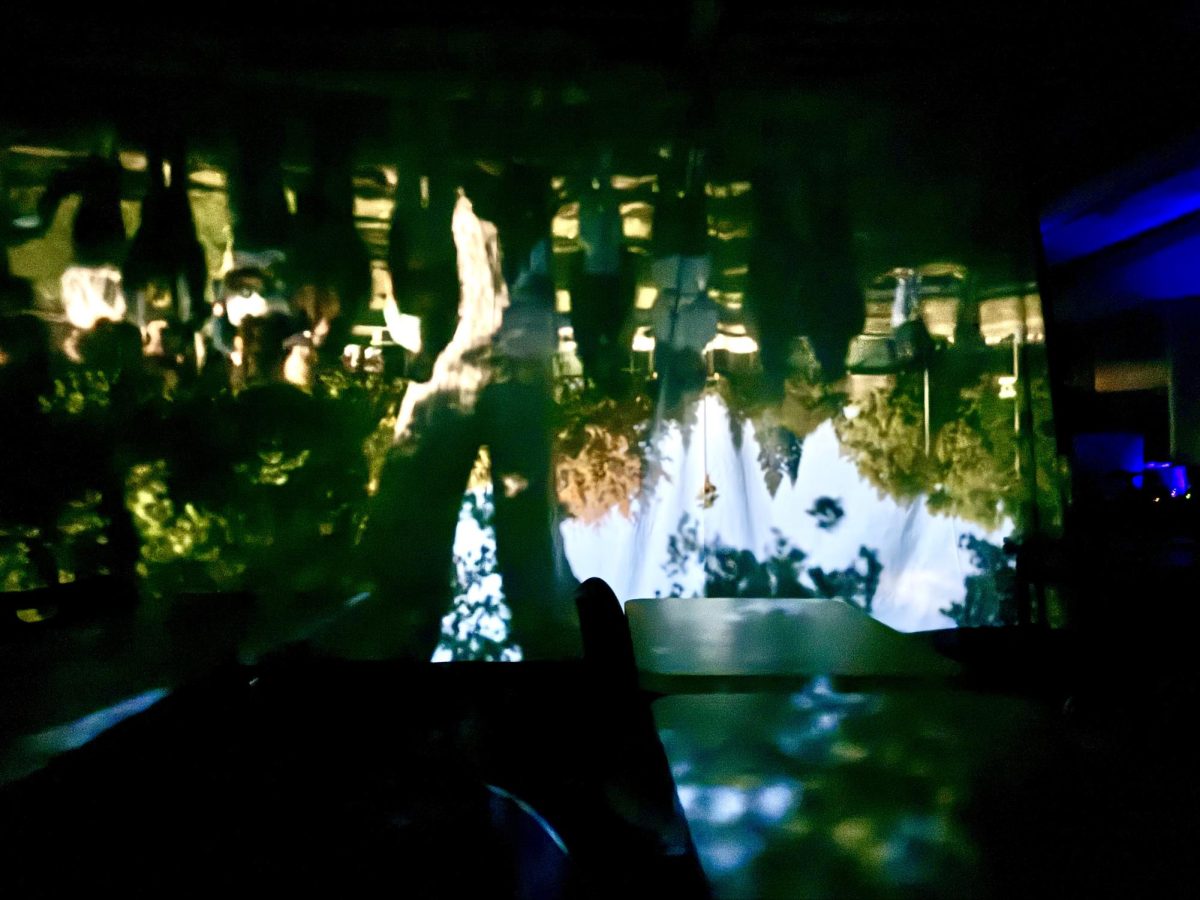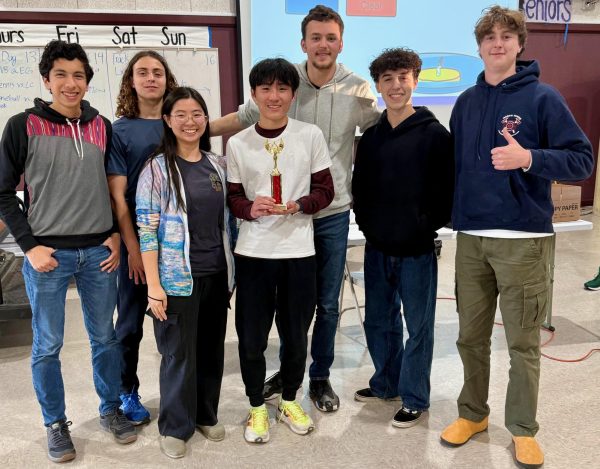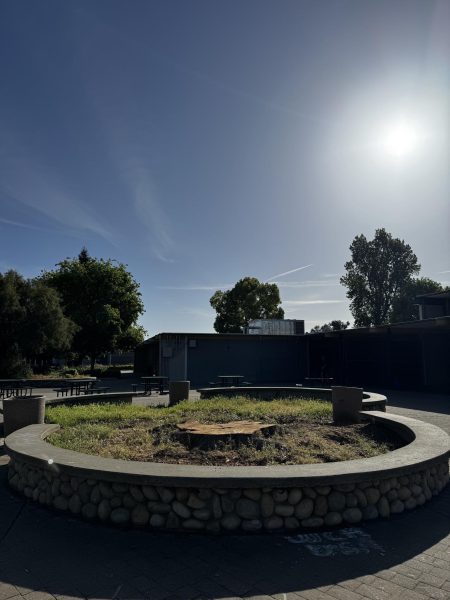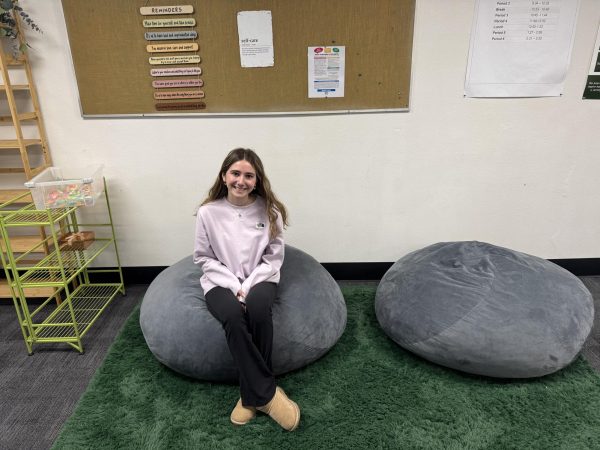New Law Extends Support to LGBTQ Students
A law signed Oct. 12 by Gov. Gavin Newsom extends new support to LGBTQ students in California public and charter schools. Assembly Bill 493, the Safe and Supportive Schools Act of 2019, mandates that by July 1, 2021, the state department of education will develop or update resources to support lesbian, gay, bisexual, queer, and questioning students. It then encourages schools to use those resources to train teachers to support LGBTQ students.
“It’ll really help with it [bullying],” said senior Hailey Washington.
The law aims to improve the well-being and academics of LGBTQ students, over 70 percent of whom experience some form of harassment in school, according to a 2017 nationwide survey by the Gay, Lesbian, and Straight Education Network (GLSEN) cited in the law.
According to the survey, nearly 35% of LGBTQ students have missed school due to feeling unsafe or uncomfortable, and one in ten reported having missed four or more days in the month before the survey.
Oftentimes teachers are unable or unwilling to come to the aid of LGBTQ students.
“I would say a lot of times teachers do turn blind eyes to stuff like that. I feel like it’s not put as a priority like it should be,” said sophomore David Barnes.
Barnes described how during his time in middle school at Encina, he was beaten up by a group of students for being gay. “The teachers just stood there and watched,” he said.
“Most teachers won’t react at all and some will react more to it,” Washingon said of teachers’ reactions to bullying.
Even when teachers try their best to rid their classrooms of discrimination and bullying, they often do not have the training or preparation to combat it effectively.
“A lot of teachers have these ‘Hate Free Zones’ but none of them really know how to actually work with that,” Barnes said.
“The more training our teachers have the better prepared they are to help support all of our students,” said Lori Vine, the San Juan Equity and Student Achievement coordinator. “The new law allows for more training and resources and requires that they be delivered on an ongoing basis to more staff members so that we will impact a greater number of our LGBTQ+ youth to help them feel seen, supported and safe.”
Students emphasized the importance of taking action to defend LGBTQ people.“I think just standing up when you hear queerphobic comments and whatnot, that’s the first step to anything,” said senior Emi Anzai. “You stand up to it, or you cut it down, you yank out the weed before it kills your entire garden.”
The bill was introduced by Assemblyman Todd Gloria (D-San Diego) and co-sponsored by State Superintendent of Public Instruction Tony Thurmond and Equality California, a statewide LGBTQ rights advocacy group. Gloria, who is gay, expressed hope that the law would reduce the challenges queer students still face in California schools.
“The bullying and name-calling I experienced in school as a young gay kid is still a reality for today’s LGBTQ youth. No child should have to experience that,” Gloria said in a press conference in February.
The original bill made the training and resources a requirement; however, it was amended due to budget concerns to simply encourage it. Gloria and Equality California have expressed their intention to make training legally required in 2020. San Juan provides nonmandatory training on the topic.
The bill applies to schools operated by a school district or county office of education, as well as charter schools, which serve students in grades 7-12.
Possible resources listed in the law include peer support clubs or queer-straight alliances (QSAs), counseling and suicide-preventing services, LGBTQ-inclusive facilities, policies to protect students from bullying and harassment, and anti-bias training for teachers, among others.
San Juan students already have many of these resources at their disposal. “Our supports have increased tremendously over the last 3 years,” said Vine. “We have seen GSA (Gender-Sexuality/ Gay-Straight Alliance) clubs increase from 6 high schools to 10 and we now have a club at most of our middle schools. This is positive progress and demonstrates that we are meeting some kind of need on our campuses with these students.”
Rio has a thriving QSA that is an integral part of the LGBTQ community on campus. “QSA provides a safe space for queer people at least once a week,” Anzai said. “We can talk about experiences on campus and if need be to avoid.”


